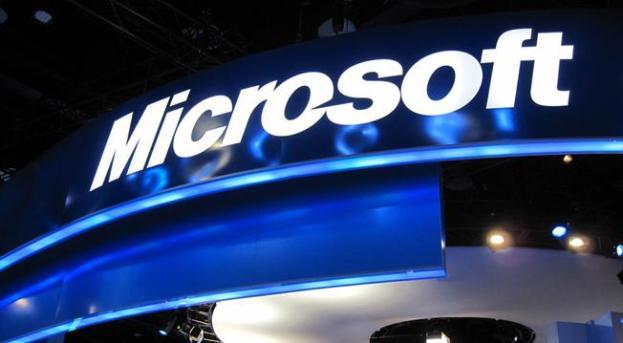
When we think of Microsoft, we already think of it in terms of the hardware and software it makes. For example, we know the company is responsible for everything from the Surface tablet to the Xbox to Outlook.com and to Windows 8. It’s been a long time since Microsoft, of Office and Windows fame, was just a software company.
But that’s not how Microsoft is organized internally, according to AllThingsD. “Currently, Microsoft has a rather convoluted set-up, with other major units such as Business Solutions, Online Services, and Microsoft Office.”
CEO Steve Ballmer is aware that the way the company is organized is not reflective of its changing business that’s become much more focused on devices like Windows Phone and services like SkyDrive and Skype, rather than just on software the way it was a decade ago. As he hinted in a letter to shareholders last October, the company is undergoing a “significant shift, both in what we do and how we see ourselves – as a devices and services company.It impacts how we run the company, how we develop new experiences, and how we take products to market for both consumers and businesses.”
In a way, the company has already undergone this shift, and Ballmer is just trying to formalize this new direction by shuffling the deck inside Microsoft. Ballmer sees the need for different device and software teams working together to create products that consumers will love out of the box. “As we develop and update our consumer services, we’ll do so in ways that take full advantage of hardware advances, that complement one another, and that unify all the devices people use daily,” he wrote.
The Surface tablet is probably the best example of what Ballmer’s new vision is for the company. Its hardware team worked with the Office and Windows 8/RT groups to get Office apps to work on the Surface RT tablet, which runs a light-weight version of Windows 8. Although the collaboration was far from perfect, perhaps the next-generation device will better reflect this “new era at Microsoft.”
But it’s not a given that Ballmer will be able to fundamentally change Microsoft’s structure and culture. After all, he’s also getting intense pressure from investors and analysts like Nomura Equity Research’s Rick Sherlund to auction off some of its crown jewels like the Bing search business and Xbox game division. Those same people may not have the patience to see if the restructured Microsoft will do any better than its currently disorganized state. What do you think Microsoft should do?


